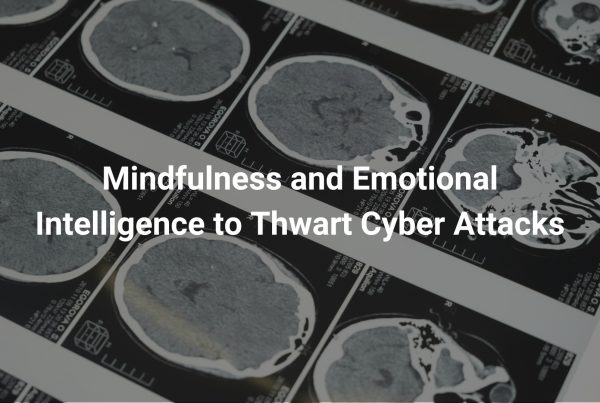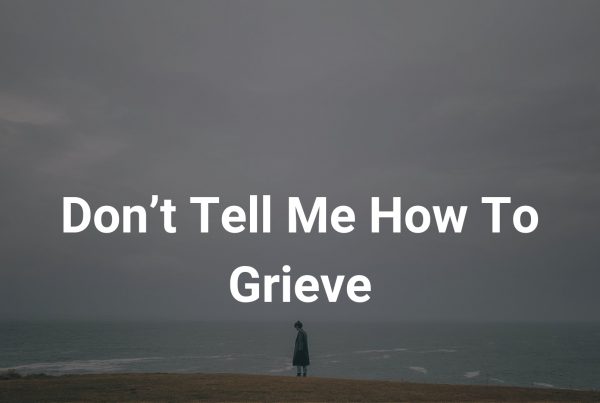Authors: Dr. Abbie Maroño
Published: April 30, 2024
When I was in my teens, one of my favorite TV shows was one called “Skins,” and I was particularly drawn to a character named Effy Stonem. Effy was portrayed as highly alluring, and many on social media at the time either aspired to be her or desired to be with her. A specific scene always resonated with me, where a character, Freddie, tells Effy, “Maybe I’ll break your heart,” to which she responds, “Nobody breaks my heart.” At that time, I remember thinking “That’s how strong I want to be”. However, the concept of an “unbreakable” heart is not only unrealistic but also toxic and detrimental. Ultimately, Effy’s character has a psychotic break, leading to her institutionalization. Recently, this got me thinking about how we glorify emotional detachment and the impact this has on society.
Social Media Impact
You don’t need to look far on any social media platforms before you find quotes, images, and messages celebrating emotional disengagement as a form of self-protection. Phrases like “having no heart to be broken” are shared as mantras of empowerment. What’s more, the portrayal of emotional detachment as a desirable trait is pervasive in movies, music, and literature. Characters who are indifferent, who seemingly do not need others, or who are able to suppress their emotions are often depicted as strong and admirable. This can influence younger audiences to view emotional vulnerability as a weakness and perpetuates the idea that being emotionally uninvested is synonymous with being powerful or in control.
Indeed, research consistently shows that exposure to certain attitudes and ideologies on social media can significantly shape users’ perceptions, especially in individuals under 25. This age group is more susceptible because their prefrontal cortex, which is crucial for critical thinking, isn’t fully developed yet. Consequently, they may start to regard emotional detachment as an admirable quality, equating it with strength or independence. This could lead to unrealistic expectations and impact their emotional growth and relationship-building skills.
Rooted In Fear, Not Strength
Although ‘heartless’ characters are often depicted as strong and independent, making viewers perceive detachment as strength, my younger self included, the root of detachment is often fear, more specifically a fear of vulnerability.
In fact, research has shown that emotional detachment can be a coping mechanism to avoid the discomfort of vulnerability, particularly in individuals struggling with feelings of shame and negative self-perception. Research has also shown that low self-esteem, linked to fear of social rejection, can manifest in emotional detachment as a protective strategy. In other words, we try to pretend we do not have a heart to shield ourselves from the pain that comes from having someone potentially break it.
This detachment, while serving as a protective barrier, can also hinder the ability to form deep, meaningful relationships and can affect mental health negatively. We can all appreciate how hard it is to be vulnerable with another person, but that’s exactly why true strength lies in the ability to be vulnerable, to show love, and to express emotions authentically. It requires courage to face the possibility of heartbreak and rejection.
Mental Health Implications
Emotionally detaching oneself as a defense mechanism can have serious repercussions on mental health. It can lead to feelings of loneliness, reduce the ability to cope with stress, and might also hinder personal development. Emotional expression and connection with others are essential for mental well-being.
Human beings need social connections, is it highly supported in the psychological literature that a sense of belonging and strong social relationships are foundational to living a happy life. If we do not let people in, then we risk the possibility of shutting out the possibility of happiness. Hence, prolonged detachment can lead to feelings of loneliness and isolation, as it impedes the development of deep, meaningful relationships. This social isolation can exacerbate symptoms of depression and anxiety due to a lack of emotional support and shared experiences.
What’s more, emotional detachment significantly impairs our ability to empathize, which is essential for forming and maintaining healthy interpersonal relationships. When empathy is lacking, it can leave others feeling misunderstood and disconnected, negatively affecting social interactions and bonds. This is where the saying “hurt people hurt people” comes from, as the lack of empathy increases the likelihood of someone projecting their emotional pain onto others and behaving in an uncompassionate manner.
The romanticization of emotional detachment not only shapes societal attitudes but also impacts mental health and relationships. Recognizing the importance of emotional vulnerability, empathy, and the dangers of detachment can lead to healthier, more fulfilling interpersonal dynamics. As frightening as it might be, we must acknowledge that true strength lies in the bravery to be emotionally open and connected with others.





